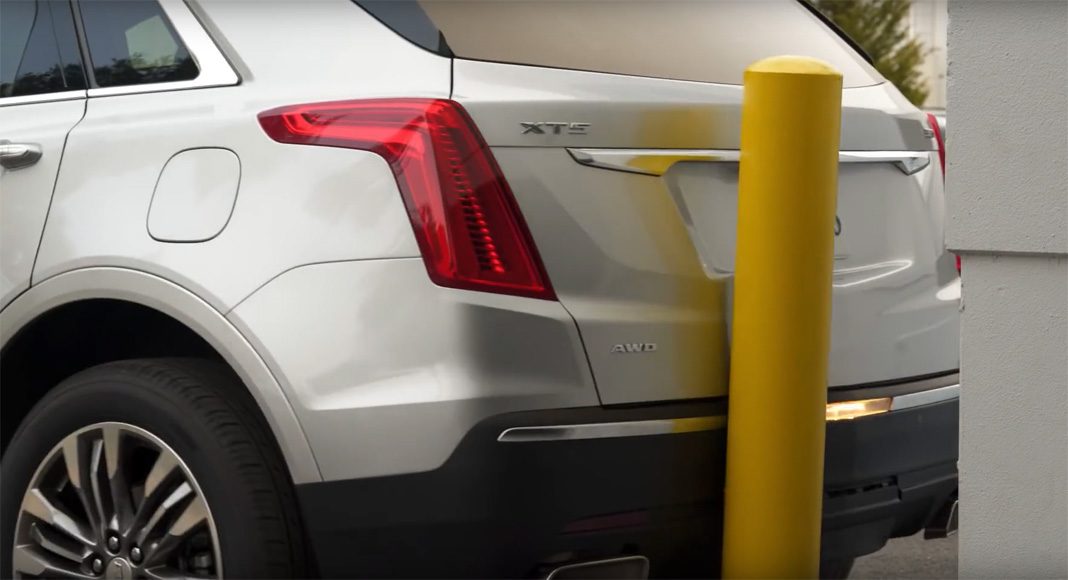The Insurance Institute for Highway Safety (IIHS) has introduced a rear crash prevention ratings program to help consumers identify vehicle models with technology that can help prevent or mitigate low-speed backing collisions.
Rear crash prevention encompasses several technologies. Parking sensors issue warning beeps and/or seat vibrations when the equipped vehicle gets too close to another vehicle or object directly behind it, or, in some cases, in front of it. Rear cross-traffic alert warns drivers of approaching vehicles that might cross their path as they back up. Rear automatic emergency braking systems detect objects behind a reversing vehicle and may automatically brake if the driver doesnât take action despite alerts to stop.
“Letâs face it. Some days we all could use help backing up, whether that’s in a garage with pillars that obscure your view, in a crowded mall parking lot or on a busy downtown street,â said IIHS Executive Vice President and Chief Research Officer David Zuby. âThe systems we rate in our first batch of tests will help reduce the chances of a backing fender-bender.â
Under the three-tier rating scheme, models with optional or standard rear crash prevention systems are rated superior, advanced or basic. Ratings are determined by whether the vehicles have available rear autobrake and, if so, how it performs in a series of car-to-car and car-to-pole tests with different approach angles. This technology has been found to provide the biggest crash reductions. The availability of parking sensors and rear cross-traffic alert also is factored in.
Six popular 2017 model vehicles have been evaluated under the new ratings system; the BMW 5 series sedan, Cadillac XT5 SUV, Infiniti QX60 SUV, Jeep Cherokee SUV, Subaru Outback wagon and Toyota Prius hatchback. The Outback and XT5 earned a superior rating when equipped with optional rear autobrake, parking sensors and rear cross-traffic alert. The Cherokee, 5 series, QX60 and Prius earned an advanced rating with this optional gear.



















